Search Results
Showing results 81 to 100 of 860
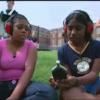
Extreme Sounds
Source Institutions
This activity (on page 2 of the PDF under SciGirls Activity: Extreme Sounds) is a full inquiry investigation into sound.
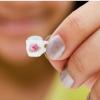
Gravity Fail
Source Institutions
In this activity, learners try pouring water out of a regular cup and a miniature cup. It’s harder than it sounds! Learners discover that different forces dominate at different size scales.
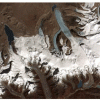
Earth's Energy Cycle: Albedo
Source Institutions
In this activity, learners experiment and observe how the color of materials that cover the Earth affects the amounts of sunlight our planet absorbs.
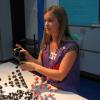
The Electric Squeeze
Source Institutions
In this activity/demo about piezoelectricity, learners discover how some crystals produce electricity when squeezed.
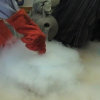
Nano Ice Cream
Source Institutions
In this activity/demo, learners discover how liquid nitrogen cools a creamy mixture at such a rapid rate that it precipitates super fine grained (nano) ice cream.
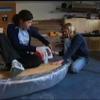
Homemade Hovercraft!
Source Institutions
This activity (on page 2 of the PDF under SciGirls Activity: Hovercraft) is a full inquiry investigation into hovercraft engineering and design optimization.

Gummy Shapes
Source Institutions
In this activity, learners use chemistry to “self-assemble” gummy shapes. Learners discover that self-assembly is a process by which molecules and cells form themselves into functional structures.
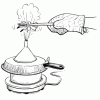
Going for a Spin: Making a Model Steam Turbine
Source Institutions
In this activity, learners explore how various energy sources can be used to cause a turbine to rotate.
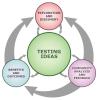
Heating and Cooling of the Earth's Surface
Source Institutions
Learners conduct an experiment to determine the rate at which two materials, sand and water, heat up and cool down.
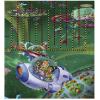
Step Into Cyberspace
Source Institutions
In this activity, learners discover that they can modify a regular piece of paper so that it's large enough for them to walk through!
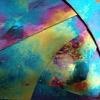
Iridescent Art
Source Institutions
This is a quick activity (on page 2 of the PDF under Butterfly Wings Activity) that illustrates how nanoscale structures, so small they're practically invisible, can produce visible/colorful effects.
What's the Difference?
Source Institutions
In this sorting activity, learners play a game in which they try to identify the largest number of differences between two objects.
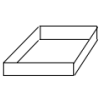
Polynomial and Rational Functions: Building Boxes
Source Institutions
In this math lesson, learners explore polynomial and rational function patterns.
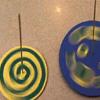
Super Spinner
Source Institutions
In this activity (page 1 of PDF under SciGirls Activity: Pet Handedness), learners will construct a simple spinning top out of a circle of construction paper, a film canister lid, and a bamboo skewer.
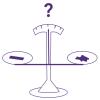
Chew that Gum
Source Institutions
In this quick activity (page 1 of PDF under SciGirls Activity: Exercise and Memory), learners will investigate what happens to bubble gum when it is chewed for 5-10 minutes.
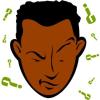
Now or Later: The "Recency/Primary" Effect
Source Institutions
In this activity (18th on the page), learners conduct an experiment to examine memory.
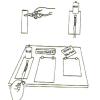
How Far?
To learn how friction affects motion, learners build a measurement tool from a rubber band and other simple materials.
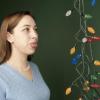
Bronx Cheer Bulb
Source Institutions
In this activity, learners observe what happens when they give a light source like a neon glow lamp a "Bronx Cheer." The lights appear to wiggle back and forth and flicker when learners blow air throu
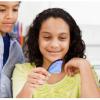
Morphing Butterfly
Source Institutions
In this activity, learners explore how nanosized structures can create brilliant color.
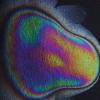
What is Nanotechnology?
Source Institutions
In this activity related to nanotechnology, learners observe some of the effects that result from creating a thin layer of material several nanometers thick.
